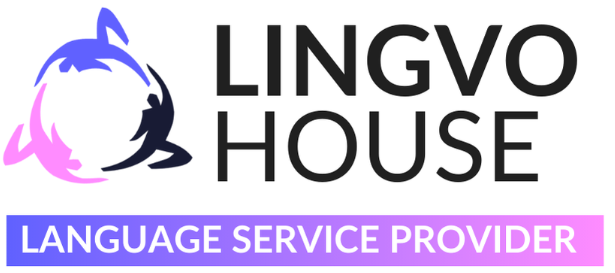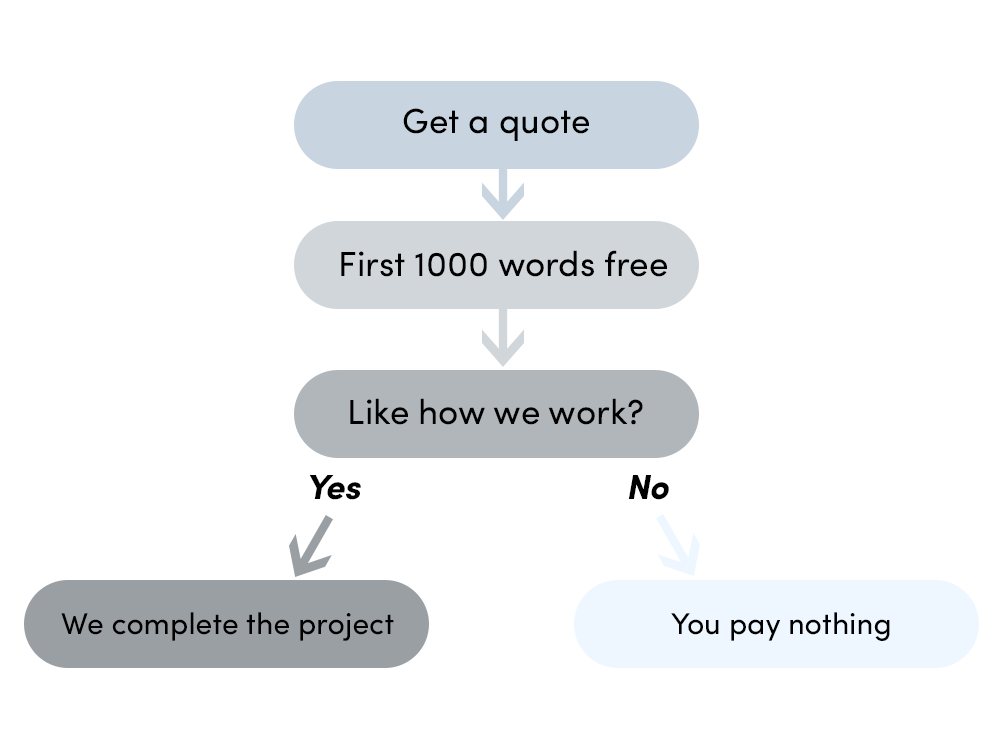Sustainable Localisation Services: 9 Tips for Localizing Your Sustainable Business Model
If you’re reading this, then chances are that you run a sustainable business and you’re interested in the potential of sustainable localisation services. If you’re not sure what that is – it’s when businesses that are looking to expand their reach into new markets try to adapt their products and services to fit the needs and wants of their new audience.
This process is often multi-pronged, requiring translation, localisation and adaptation of existing products, services, and marketing materials to fit the cultural context of a specific local market. If this sounds daunting – don’t worry – there are plenty of ways to make sure that the process is successful. In this article, we’re going to give you some useful tips on sustainable localisation services to get you started. First, we’re going to explain a little more about sustainable localisation and then we’ll dive straight into our top tips for localizing your sustainable business.
What is Sustainable Localisation?
localisation can have two meanings. On the one hand, it can refer to the process of translation localisation. This includes translating text and adapting marketing visuals (such as graphics, audio materials, and videos) to a local audience.
This also involves cultural adaptation, which means adapting the product or service to meet cultural norms and expectations (and avoiding cultural misunderstandings). But the term ‘sustainable localisation’ can also be used to describe the process of adapting a business’s operations for a particular region, by locally sourcing materials and partnering with local manufacturers.
However, these two meanings are not entirely separate concepts. In fact, they are connected in their own way. Sustainability can also play a role in the process of language translation and localisation. This is especially true for businesses that have been built on a mission to reduce their environmental impact and actively contribute to a greener future.
As a sustainable brand, you might be asking yourself; how can I make sure my localisationefforts align with my brand’s sustainability ethos? This concern is at the heart of sustainable localisation. It involves assessing both the cultural and environmental implications of localizing a business so that it can be done in an ethical and responsible manner.
You may have already considered how to localize your production, materials, and staff, but from the angle of language translation and localisation, you may also be asking yourself – do our marketing efforts reflect the sustainability concerns of our target market? Can we adapt our business to better promote local sustainability initiatives? Read on for some tips on how you can address these concerns and get started on your sustainable localisation journey.
9 Tips for Sustainable Localisation
Struggling to get your localisation efforts off the ground? Don’t worry – it’s not as difficult as it seems! Yes, it might take some time to plan, research, and execute the process, but the rewards are more than worth it. Here are our top tips for localizing your sustainable business model.
1. Research and Understand Your Target Market
This is the first step in localisation for any business. You don’t want to be like a clueless tourist, unaware that they’re breaking local customs and offending the hosts. Before you think about localizing your business, do some deeper research on the customs and values of your target demographic.
What are they passionate about? How much does sustainability mean to them? Are certain areas of the sustainability movement more valuable to them than others? If, for instance, you’re attempting to break into a market in an area that is suffering from pollution and environmental damage, then it may be wise to focus on how your company can reduce waste and contamination. Likewise, if you’re targeting a demographic that lives in a country experiencing drought, you may want to highlight how your company is conserving water and saving energy.
2. Partner with Local Initiatives
To make sure that you’re doing your part to contribute to the local community, look for an NGO or social enterprise with similar sustainability goals as yours and consider joining forces.
By working together, you can amplify each other’s reach, increase visibility, and have an even greater influence. When it comes to making a difference in society, collaboration is usually key. Your audience will see for themselves that you get what’s important to them and that you’re not just engaging in translation and localisation for show, but are an active part of the local community.
3. Localize According to Your Priorities
Prioritise what matters most to your business. For example, if you’re a sustainable fashion brand, focus on website localisation for your online store first, then move on to developing localisation solutions for your marketing materials like blogs and social media. Your Twitter account, for example, is probably lower on the list of priorities for translation and localisation (unless you already have a large following in that market).
That doesn’t mean you should skip it entirely – it just means you should prioritise investing more resources in localisation efforts that will drive more immediate benefits for your business. There’s not much point in localizing your social media accounts if customers still have to navigate your website in a foreign language.
4. Consider How Localisation Will Impact Communities
Translation and localisation offer an opportunity to make a real difference to local communities. And if you want to truly localise sustainably, you need to think about how your business will affect each new market.
What impact will your localized marketing efforts have on the environment, economy, social life, and culture of the region? How can your localized content contribute positively to the local community? Can you encourage local customers to be more sustainable? If sustainability is at the heart of your business, then you need a sustainable localisation strategy too.
5. Build Relationships with Local Influencers
Tapping into new audiences is easier when you develop relationships with local influencers. Seek out figures who value eco-friendliness and sustainability, just like your business. It’s likely that their audience’s values will overlap with those of your target customers, so you can harness this ready-made network of passionate people to get your message out.
They’ll also have invaluable knowledge about what’s important to local sustainability-focused consumers. This kind of local insight is a great starting point for any sustainable business that is trying to break into a new local market.
6. Adjust Your Pricing Strategy
Different countries have different standards of living, so adjusting your pricing strategy is a must. You need to be ready to reconsider your products’ retail value to make sure that customers in the local market can actually afford them. For sustainable businesses, this is of particular importance as sustainability can sometimes involve significantly higher production costs and therefore, higher prices.
It’s essential to bear in mind that a product may be perceived differently depending on the country. What is considered luxurious and expensive in one nation may be considered a bargain in another. You need to take into account the economic reality of each locality if you want your brand to reach its full potential.
7. Partner with a Localisation Agency that Understands Sustainability
If you want to truly localize sustainably, finding the right sustainable localisation services partner is crucial. Look for a localisation services agency that understands your sustainability goals and has experience translating content related to environmental topics.
They’ll be able to advise you on cultural nuances so that your localized content resonates with each new market. They can also help you to identify the most effective channels for reaching local audiences and ensure that your content is consistent across all of them. Your localsiation journey will be significantly smoother if you have an experienced localisation company by your side.
8. Localize Remotely
In the post-pandemic world, remote work has become the norm in many industries. This applies to localisation services too. There’s no need to travel in order to localize. You can find experienced translation and localisation experts from all over the world online and hire them to work remotely on your project.
This will save time, money, and resources – all of which are important considerations when it comes to sustainable localisation and translation. Getting on board with the work-from-home revolution is a fast way to drive more sustainable localisation solutions.
9. Technology is Your Friend
Technology can help you streamline the localisation process and make it more efficient. Translation management systems, content management systems, machine translation tools and other technologies are invaluable resources for businesses that are looking to localize sustainably. They can help you save time and money, maintain consistency across all markets and ensure a high-quality translation every time.
However, accessing the right technology can be tricky for small businesses, which brings us back to tip #7 above. It’s greatly beneficial to partner with a specialist sustainable localisation services provider. They will already have access to advanced translation tools (and know how to use them) and will be able to provide you with the best possible localisation solutions for your business.
Looking for a Localisation Company that Understands Sustainability?
If you’re looking for a localisation partner that understands your sustainability goals, LingvoHouse is ready to step in and get you where you need to be. Our experienced team of translators and localisation experts have extensive experience in translating content related to environmental topics. We can help you localize sustainably and make sure that your message resonates with each new market. Contact us today to get started on your sustainable localisation journey.
About LingvoHouse:
LingvoHouse is a professional translation & interpreting agency with a wealth of industry experience. They specialise in bespoke translation solutions in over 200 languages in a range of different industries. With a team of more than 4,000 professional translators located across the globe, the company offers round-the-clock services that are highly accurate with unmatched turnaround times.
For more information, please visit https://www.lingvohouse.com/




